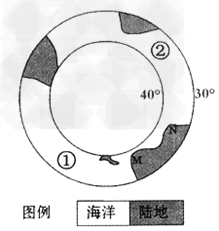问题
名词解释
忠恕
答案
参考答案:
儒家伦理思想。《论语•里仁》:“曾子曰:夫子之道,忠恕而已矣。朱熹注:尽己之谓忠,推己及人之谓恕。而已矣者,竭尽而无余之辞也。”“忠”要求积极为人,“己欲立而立人,己欲达而达人。”“恕”要求推己及人,《论语•卫灵公》:“子贡问曰:有一言而可以终身行之者乎?子曰:其恕乎!己所不欲,勿施于人。”即“我不欲人之加诸我也,吾亦欲无加诸人。”《中庸》:“忠恕违道不远,施诸己而不愿,矣勿施诸人。”忠恕即孔子所说的能近取譬之道,为实行仁的方法。

